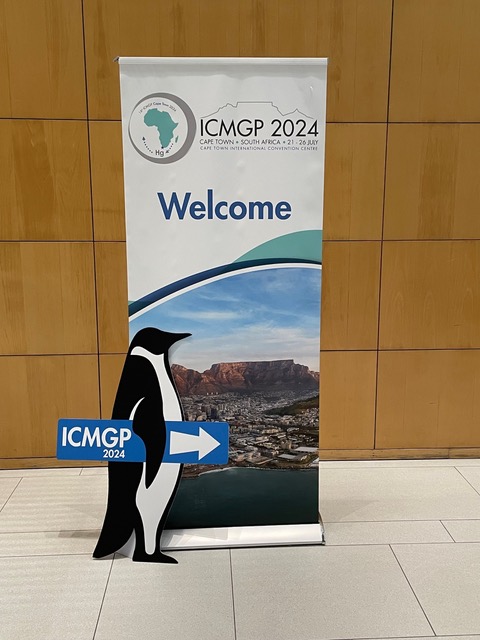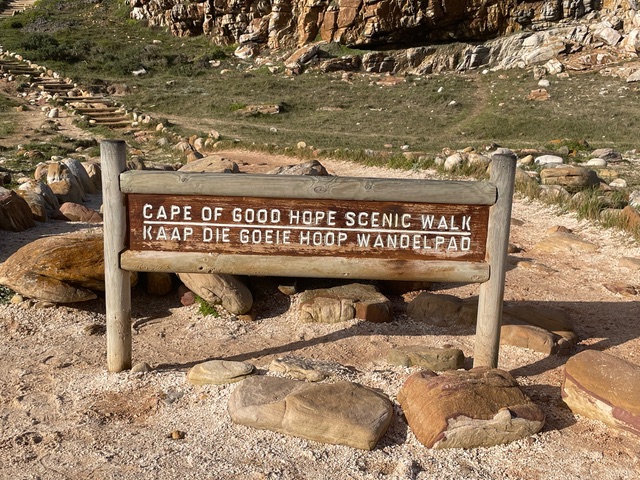Selin Presents Innovative Research on Mercury Pollution at International Conference in Cape Town

The 16th International Conference on Mercury as a Global Pollutant (ICMGP) took place in Cape Town, South Africa, from July 21 to 26, 2024. Established in 1990, ICMGP is the preeminent scientific event on mercury, significantly contributing to the Minamata Convention’s development.
Henrik Selin, Professor of International Relations at the Frederick S. Pardee School of Global Studies, attended the conference to present research from a collaborative NSF-funded project. This project focuses on mercury use in artisanal and small-scale gold mining (ASGM) in Madre de Dios, Peru.
Selin’s presentation, “Using Systems Analysis to Evaluate Interventions Towards Sustainability in Artisanal and Small-Scale Gold Mining,” showcased the project’s innovative approach to understanding and addressing mercury pollution. The research, part of a broader NSF-funded initiative, uses a social, technical, and environmental systems perspective to analyze mercury use and human well-being in ASGM.

The ICMGP conference featured the latest scientific findings on mercury pollution and discussed their implications for international policy, particularly regarding the Minamata Convention’s implementation. A set of synthesis papers presented at the conference highlighted the critical role of mercury science in advancing the convention’s goals.
Selin’s research contributes to sustainability science by developing frameworks and insights for assessing integrated social-environmental systems. The project aims to inform initiatives to mitigate the environmental and social impacts of ASGM activities, including those under the global Minamata Convention on Mercury.

The NSF-funded project involves a multidisciplinary team, with Noelle Selin as the Principal Investigator and Ruth Goldstein, Steven Barrett, and Henrik Selin as Co-Principal Investigators. Their work combines atmospheric chemistry modeling, governance research methods, and ethnographic approaches to address key questions about mercury emissions, governance needs, and the social context of mercury use in ASGM regions.
Henrik Selin has been at Boston University since 2004. His research and teaching focus on global and regional politics and policymaking on the environment and sustainable development. He is the author of Mercury Stories: Understanding Sustainability through a Volatile Element, European Union Environmental Governance, and Global Governance of Hazardous Chemicals: Challenges of Multilevel Management. He is also the author and co-author of more than four dozen peer-reviewed journal articles and book chapters. He also serves as Editor for the journal Global Environmental Politics. Learn more about Professor Selin on his faculty profile.